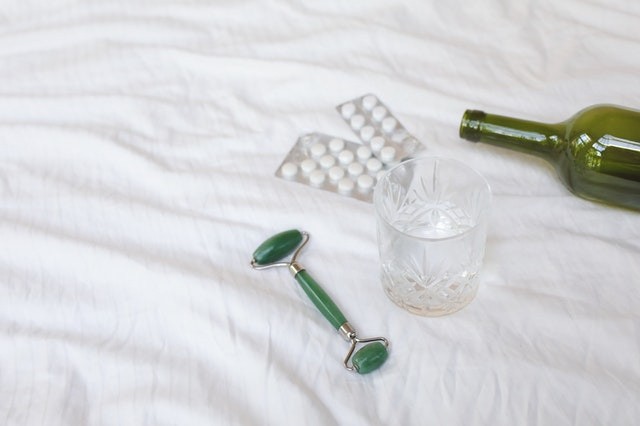Researchers have recently called for more laborious scientific exploration of the effectiveness of certain substances for treating or preventing an alcohol-induced hangover.
Specifically, as specified in a EurekAlert! report, a new systematic analysis showed only very low-quality evidence of the said treatment through substances.
The said call for a more thorough exploration of the efficacy of the remedies for hangovers was to offer practitioners and the public precise evidence-based information on which to decide on.
Several remedies have claimed to be effective in alleviating hangover symptoms, but up-to-date literature investigation remains lacking.

Filling the Gap
To fill the gap, a research team from King's College London and South London and Maudsley NHS Foundation Trust conducted a systematic review to merge and evaluate the existing evidence for hangover cures.
The research, published in the Addiction scientific journal, examined 21 placebo-controlled randomized tests of clove extract, red ginseng, Korean pear juice, as well as other hangover cures.
Even though some studies revealed statistically substantial improvements in terms of hangover symptoms, all evidence was of extremely low quality, typically due to methodological limitations or inaccurate measurements.
More so, no two reviews reported on the same hangover treatment, and now results have been independently duplicated.
The Need to Enhance Women's Participation in Hangover Research
Out of more than 20 included studies, eight were carried out exclusively with male volunteers. The research was limited in general in their reporting of the nature and timing of alcohol challenge that was used to examine the hangover treatments, and there were substantial differences in the alcohol type given and whatever it was given along with food.
Common painkillers like paracetamol or aspirin have not been examined in placebo-controlled randomized trials for a hangover.
The study investigators said future research needs to be more laborious in terms of methods, such as using validated scales to examine hangover symptoms. There is a need to improve women's participation in hangover studies.
Effects of Hangover Symptoms on People's Work and Academic Performance
According to Dr. Emmert Roberts, lead author of the study, symptoms of a hangover can result in significant distress and impact people's employment and academic performance.
Given the ongoing speculation in the media as to which hangover treatments are effective or not, the question surrounding the efficacy of substances that claim to cure or preempt hangover seems to be one with substantial public interest.
Dr. Roberts explained that their study has found evidence that such hangover treatments are extremely low quality, and there should be a more thorough assessment.
For now, the surest way to prevent symptoms of a hangover is to abstain from alcoholic beverages or drink moderately.
Hangover Remedies
According to Medical News Today, there is no such thing as a "cure for hangovers." However, some home remedies can help alleviate the symptoms, such as taking anti-inflammatories or antacids, eating antioxidant-rich foods, rehydrating, and eating a nutritious breakfast.
Until more scientific studies become available, it is not possible to give firm guidelines for addressing hangovers.
The best way to prevent a hangover is by abstaining from alcoholic beverages. People can lessen the severity of or prevent a hangover by having adequate sleep, keeping hydrated through the night, and getting rid of drinks with congeners.
Related information about scientific hangover cure is shown on CNET's YouTube video below:
Check out more news and information on Medicine& Health in Science Times.
© 2026 ScienceTimes.com All rights reserved. Do not reproduce without permission. The window to the world of Science Times.











